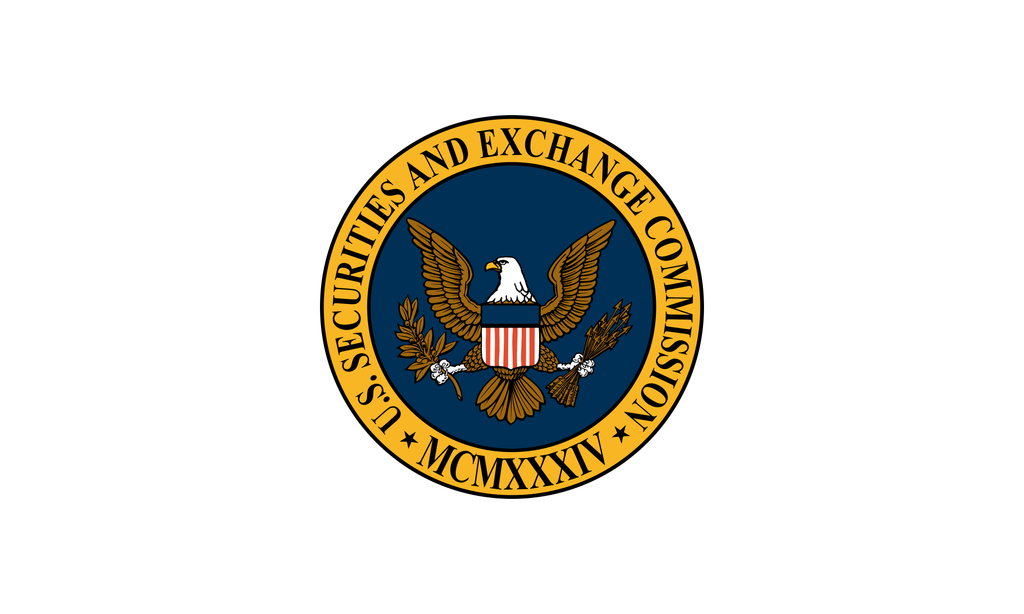The SEC has taken legal action against Cumberland DRW, alleging that the firm has been operating as an unregistered securities dealer in the crypto space since 2018.
Cumberland has vehemently denied these accusations, labeling the SEC’s tactics as “enforcement-first” and likening the situation to a legal “Catch-22.”
At the heart of the matter is a pivotal regulatory debate over whether crypto transactions should be classified under securities law, a ruling that could significantly shape the future of crypto regulation.
The SEC claims that Cumberland has engaged in over $2 billion worth of unregistered transactions since March 2018. In its defense, Cumberland asserts that it registered as a broker-dealer in 2019, but was limited to trading Bitcoin and Ethereum, which typically fall under the CFTC’s jurisdiction. The firm argues that the SEC’s demands are contradictory and unjust.
Cumberland has accused the SEC of stifling innovation and hindering legitimate businesses from entering the digital asset market. This sentiment echoes recent criticisms of the SEC as a “rogue agency” during a Congressional hearing, where its authority was called into question.
Despite a history of cooperation with the SEC, Cumberland now finds itself facing charges for alleged violations spanning six years, which it views as an abrupt and unfair shift in the agency’s stance.
This case mirrors ongoing tensions between the SEC and other crypto entities, such as Crypto.com, which recently preemptively sued the SEC after receiving a Wells Notice, claiming the agency’s actions were politically motivated amid rising bipartisan support for the crypto industry. SEC Chair Gary Gensler maintains that most crypto transactions











